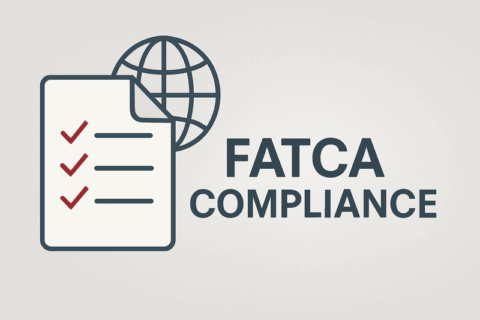Wealth managers are often questioned about their balance sheets. However, this economic factor is predominantly significant for banks rather than wealth management firms.
A bank’s balance sheet is a crucial indicator of its financial stability, and clients naturally prefer to entrust their private wealth to a bank with solid financials. In contrast, wealth managers do not hold client money on their balance sheets. Their role involves assisting clients with account opening paperwork and due diligence for a carefully chosen custodian bank. This standard procedure results in a contractual agreement between the client and the bank, where the wealth manager is given limited power of attorney for managing, but not withdrawing, assets except for agreed portfolio management fees.
Wealth managers choose the banks they recommend based on knowledge and belief. Regular exchanges with custodian banks and cooperation agreements between banks and independent wealth managers are standard practices, ensuring that banks also screen wealth managers before partnering.
This forms a triangular relationship between the client, bank, and wealth manager. They are bound by a mutual agreement to carefully manage the client’s wealth. Additionally, securities like shares and bonds legally belong to the client. They aren’t part of a bank’s bankruptcy estate, making them off-balance sheet transactions. For example, buying shares in a technology company means owning a stake. This ownership remains unaffected by a bank’s bankruptcy.
Custodian Balance Sheet is of importance
A bank’s balance sheet is crucial, especially for cash deposits and shares or bonds it issues. However, the balance sheet is less critical in plain vanilla portfolio management. Consequently, wealth management matters even less. Many wealth managers carry professional indemnity insurance, further reducing its significance.
Source: Linkedin (SEO adjusted)







